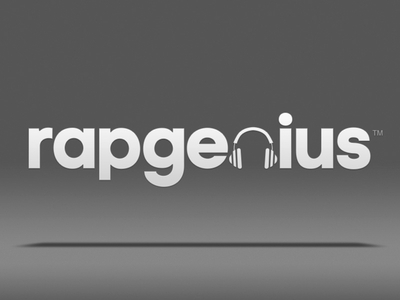This content is being reviewed in light of recent changes to federal guidance.
Project HBW Blog
Follow Up: 7 Links That Demonstrate RapGenius’s Connection To Digital African American Literary Scholarship
Citation
"Follow Up: 7 Links That Demonstrate RapGenius’s Connection To Digital African American Literary Scholarship," History of Black Writing (blog),
, https://hbw.ku.edu/blog/follow-7-links-demonstrate-rapgeniuss-connection-digital-african-american-literary-scholarship
 On yesterday, I posted a list of “7 Ways that RapGenius Assists Digital African American Literary Scholarship.” Today, I decided to do
On yesterday, I posted a list of “7 Ways that RapGenius Assists Digital African American Literary Scholarship.” Today, I decided to do
a follow up post to illustrate exactly what I meant by providing actual
examples on the RapGenius website. RapGenius’s crowd-sourced, multimedia platform helps users
to fuse social networking and online databases to create digital resources to study black writing.
- When annotating Barack Obama’s 2012 Presidential Acceptance
Speech, over 30 users on RapGenius contributed to this process. After clicking
on the link, scroll down the right hand side and look under the heading, “PROPS
TO THE PEOPLE WHO EXPLAINED 2012 PRESIDENTIAL ACCEPTANCE SPEECH” to see a list
of those who helped to explain the speech.
- In Nikki Giovanni’s “Ego Trippin,” the first line is
described using text, image, and video. The actual description makes use of a video
clip from a 1991 episode of A Different World as well as a hyperlink to a
Wikipedia article providing more information.
- RapGenius awards its users points known as “Rap IQ.” Rap IQ encourages its readers to annotate more songs and texts to move up in
ranking on the website.
- At the click of your fingertips, a user has access to
complex poetic terms. These terms ranging from words such as “allegory” to “zeugma”
help readers to clarify the importance of poetic devices.
- Possible explanations for the significance of poetic devices
or spelling are made possible through crowd-sourced annotations. In this
particular example, a few reasons for why Giovanni decided to spell Newark as “New/Ark”
in her poem “Ego Trippin” are given.
- The website has a growing presence of texts by black
writers. Here, you can browse through the poems by Langston Hughes that are on
the website. The website provides a central location to access texts online.
- In “Ego Trippin,” Giovanni uses many historical references
in her poem. The explanation provides further details to help contextualize the
particular words and references of her poem. In this example, hyperlinks are provided that offer more
information about the significance of “Hannibal” and “Rome” in the context of the poem.